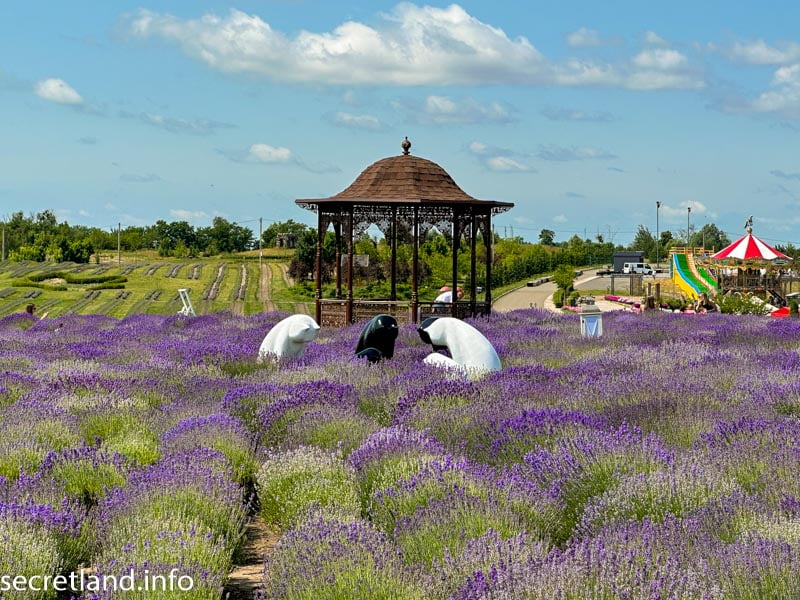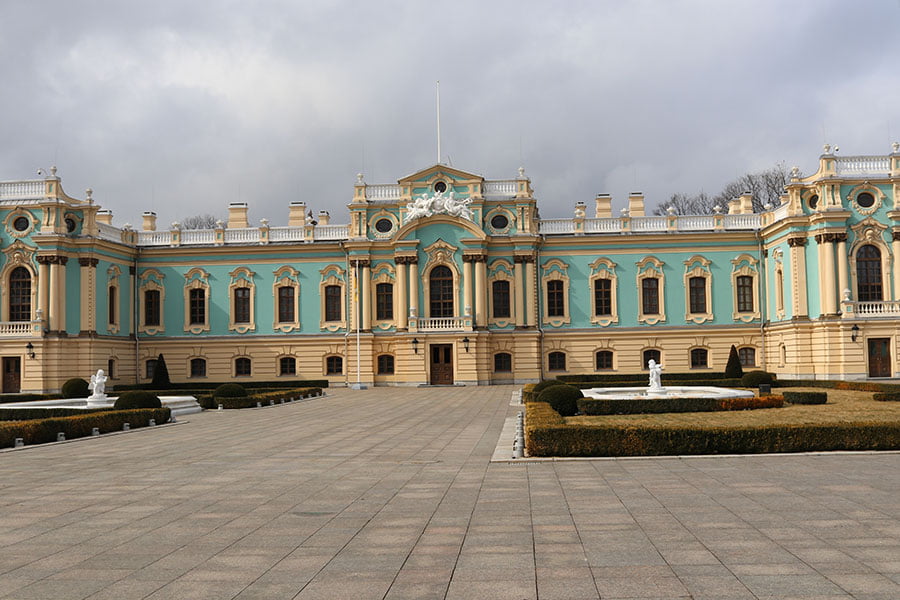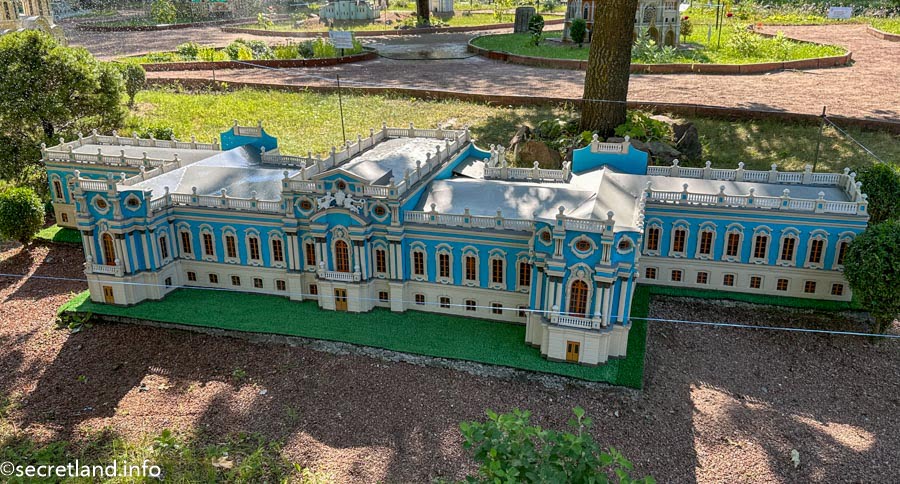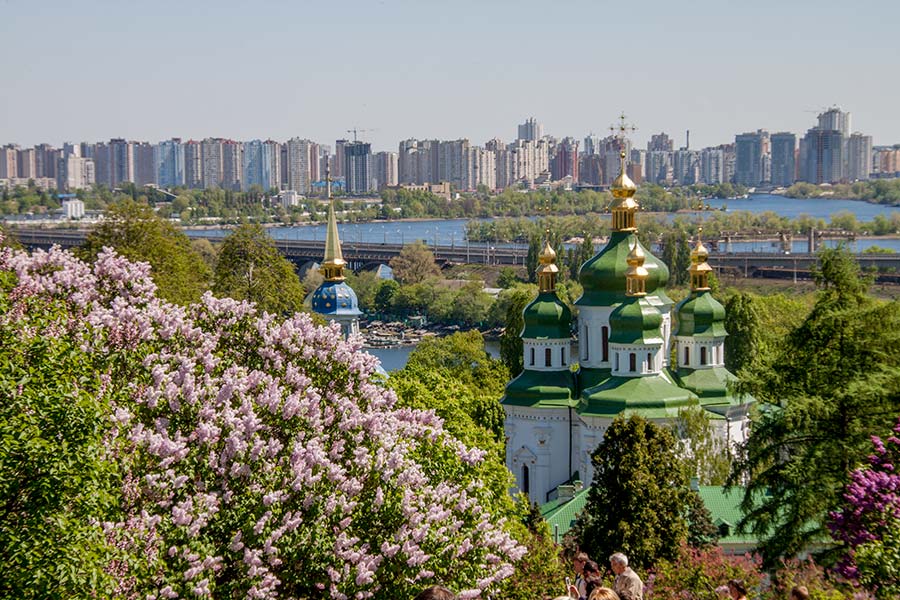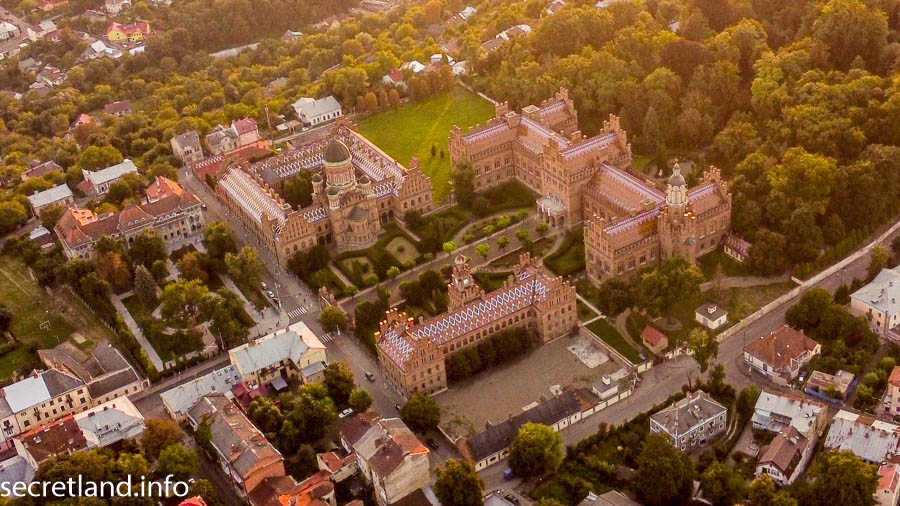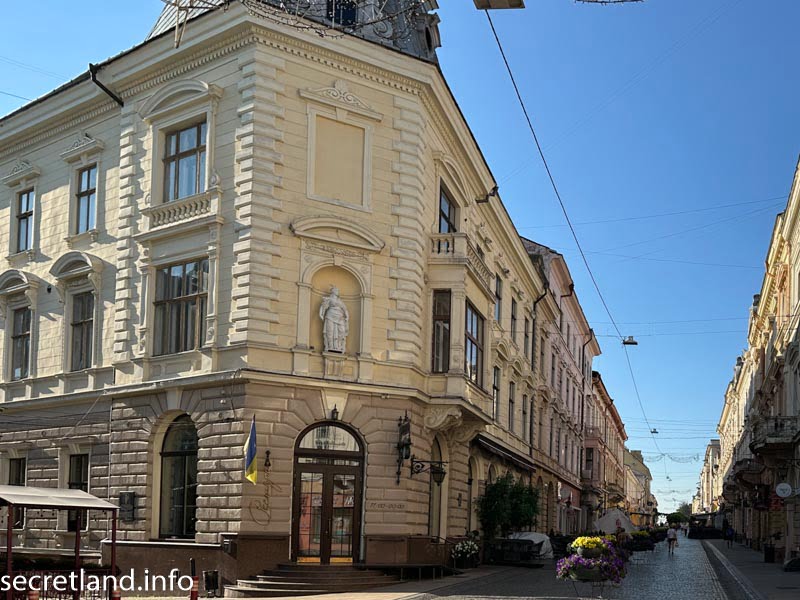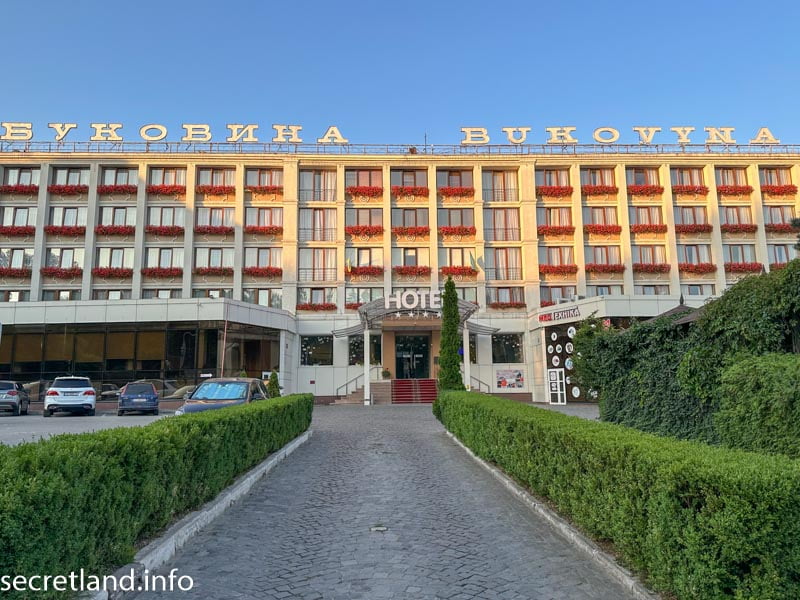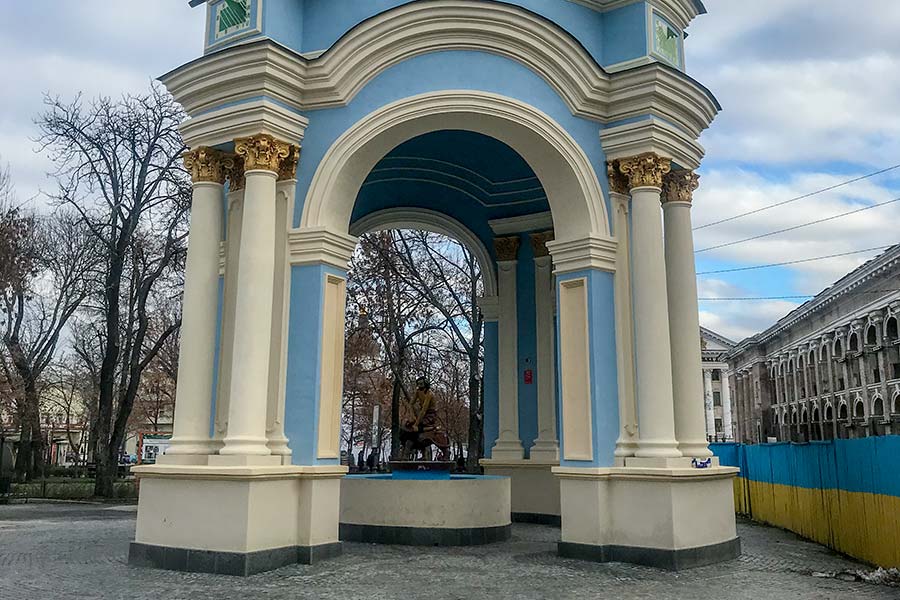The Dobropark park is located near the village of Motyzhin, Makarovsky district. In spring, tulips and sakuras bloom here, in mid-June the season of lavender and petunias begins, which is replaced by the hydrangea season in August. In summer, a swimming pool is open and you can rent a holiday house.
Ukraine
The Shukai! project features 41 mini-sculptures installed across different locations in Kyiv. Each sculpture signifies various aspects of Kyiv’s rich history and culture. Some mini-sculptures are dedicated to historical figures, while others represent city’s symbols such as the Kyiv Chestnut.
The Mariinsky Palace, built as an imperial residence in Kyiv in 1755, offers registered online excursions lasting 45 minutes. Visitors undergo security procedures similar to airport checks and can photograph various sections including the White Hall and negotiation rooms. The palace has survived fires, bombings, and multiple renovations, finally becoming the Presidential Residence in 1991. Highlights include an exhibition of presidential gifts, historical paintings, and elaborate dining settings. The Indian movie “RRR” was partially filmed at the Palace. Register online for information on excursion costs and schedules.
Explore the remains of Hitler’s Werwolf headquarters near Vinnytsia, Ukraine. Discover the history of the WWII site, the surviving swimming pool, bunker fragments, museum exhibitions, and the reconstructed layout of the complex. A detailed guide to visiting the former Nazi field headquarters in Stryzhavka.
The Chernobyl Museum, situated near Kontraktova Square in Kyiv, has an extensive collection of documents, photographs, personal belongings, station models, and equipment from the Chernobyl disaster. The museum’s exhibits paint a vivid picture of the event and its aftermath, including the abandoned villages, experiences of station staff and liquidators, and the effects of radiation. Visitors can access an exhibition on nuclear terrorism. The museum is open from Tuesday to Saturday, with tickets ranging from UAH 45-90.
The Museum of Miniatures “Ukraine in Miniature” in Kyiv’s Hydropark holds around 80 miniature objects representing significant landmarks from Kyiv, Crimea, Lviv, and other regions of Ukraine. Also included are famous Indonesian landmarks, introduced in 2017 with support from the Indonesian Embassy. Operating hours vary seasonally and tickets range from free to 150 UAH.
The Nikolai Grishko Botanical Garden, established in 1935, boasts numerous attractions, including the fountain “Rebirth”, a Master Yoda sculpture, and varying seasonal exhibitions. It features gardens representing various cultures like Indonesia, Korea, Tibet, and Japan, alongside its rose, lilac and other thematic gardens. This botanical diversity is augmented by captivating art and sci-fi installations, making it a celebrated attraction, particularly during May when cherry blossoms and lilacs are in full bloom.
The Smart-Apart hotel in Vinnitsa provides clean and comfortable apartment-style accommodation at a central location. It doesn’t offer breakfast and has no elevator. Apartments range from single to seven beds, and amenities include air conditioning, a safe, and a fully-equipped kitchen. Despite its lack of certain features, guests generally have a positive impression of the hotel.
Chernivtsi National University, also known as the “Ukrainian Hogwarts,” was declared a UNESCO World Heritage site in 2011. Housed in the former Residence of Bukovynian and Dalmatian Metropolitans, the complex is notable for its stunning architecture and rich history. The university was founded in 1875 and tours, featuring highlights like the Church of the Three Holy Hierarchs and the Metropolitan Building, are available to visitors.
“Panska Huralnia”, a highly rated restaurant in Chernivtsi, offers Romanian, Jewish and Ukrainian dishes along with home-made tinctures and liqueurs. Housed in a charming old building, the restaurant features large, stylish interiors and good service. The user-friendly menu lists each dish’s cooking time. Despite a brief visit, the reviewer recommended the refreshing “Blow of Citrus” cocktail and the “Bukovynian Salad with Salmon.”
Looking for some unique coffee experience in Chernivtsi? Check out the “Grand Cafe” on 12 Katedralna Street. More than just a café, it’s also a museum filled with fascinating artifacts from the Austrian period. Their coffee and desserts are pretty on point too. The ambiance? Totally Instagram-worthy. Open 8:00 – 22:00. Worth a visit.
The Treetoria restaurant, found close to the Bukovyna hotel at 141 Holovna Street, offers a romantic garden setting with tables nestled among greenery, a fountain, and a scenic bridge. Illuminated by candles and fairy lights in the evening, it provides excellent service and delicious food. It’s notably affordable, making it a great choice for Bukovyna hotel guests.
The “Vіdenska kav’yarnya” restaurant is a Viennese-style 19th-century coffee house with a full restaurant and pastry shop menu, on Olha Kobylianska Street. It features an atmospheric interior decorated with paintings and historical photographs, and offers live music on its summer terrace. Customers can expect large portions, tasty food, and great service.
The Bukovyna Hotel, located at 141 Holovna Street and across Shevchenko Park, enjoys a convenient location near shops and restaurants. The lodging offers amenities like a mini-bar, air conditioning, a clean bathroom with hygiene products, and free Wi-Fi. The hotel serves a varied continental breakfast and offers a large parking space. Their service is praised for its cleanliness, comfort, quietness, and good breakfast.
The Samson Fountain, located on Kontraktova Square, was designed by Ivan Hryhorovych-Barskyi and features a sculpture of St. Andrew and sundials by Bruillon. The current Samson statue is a plaster copy; the original has been lost. In 2019 Samson was briefly painted pink, and in 2020 the fountain and statue underwent renovation.
